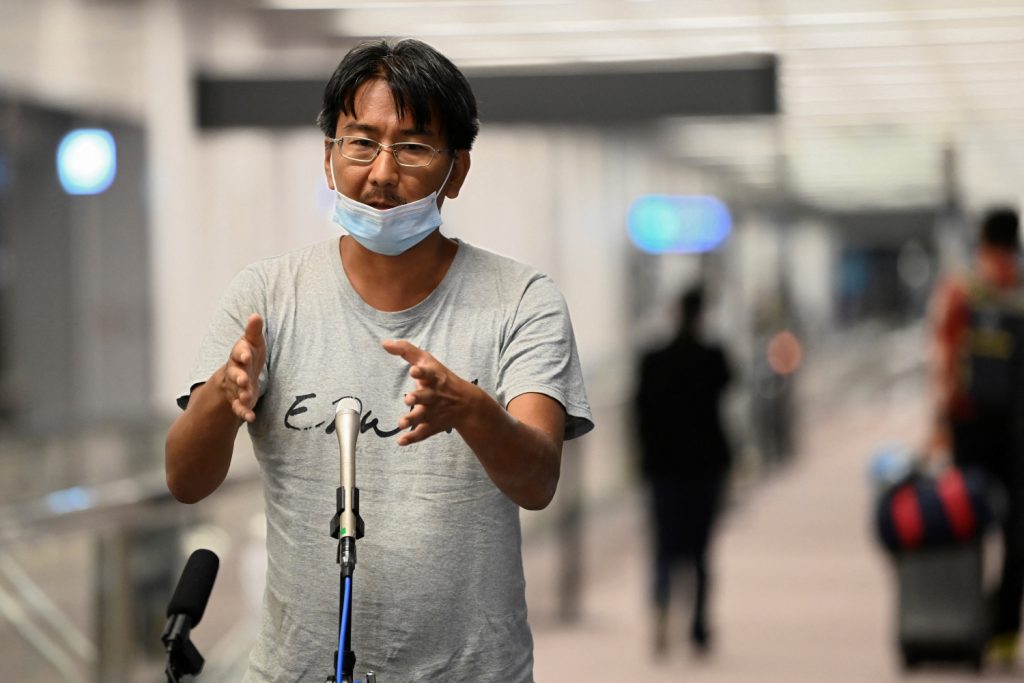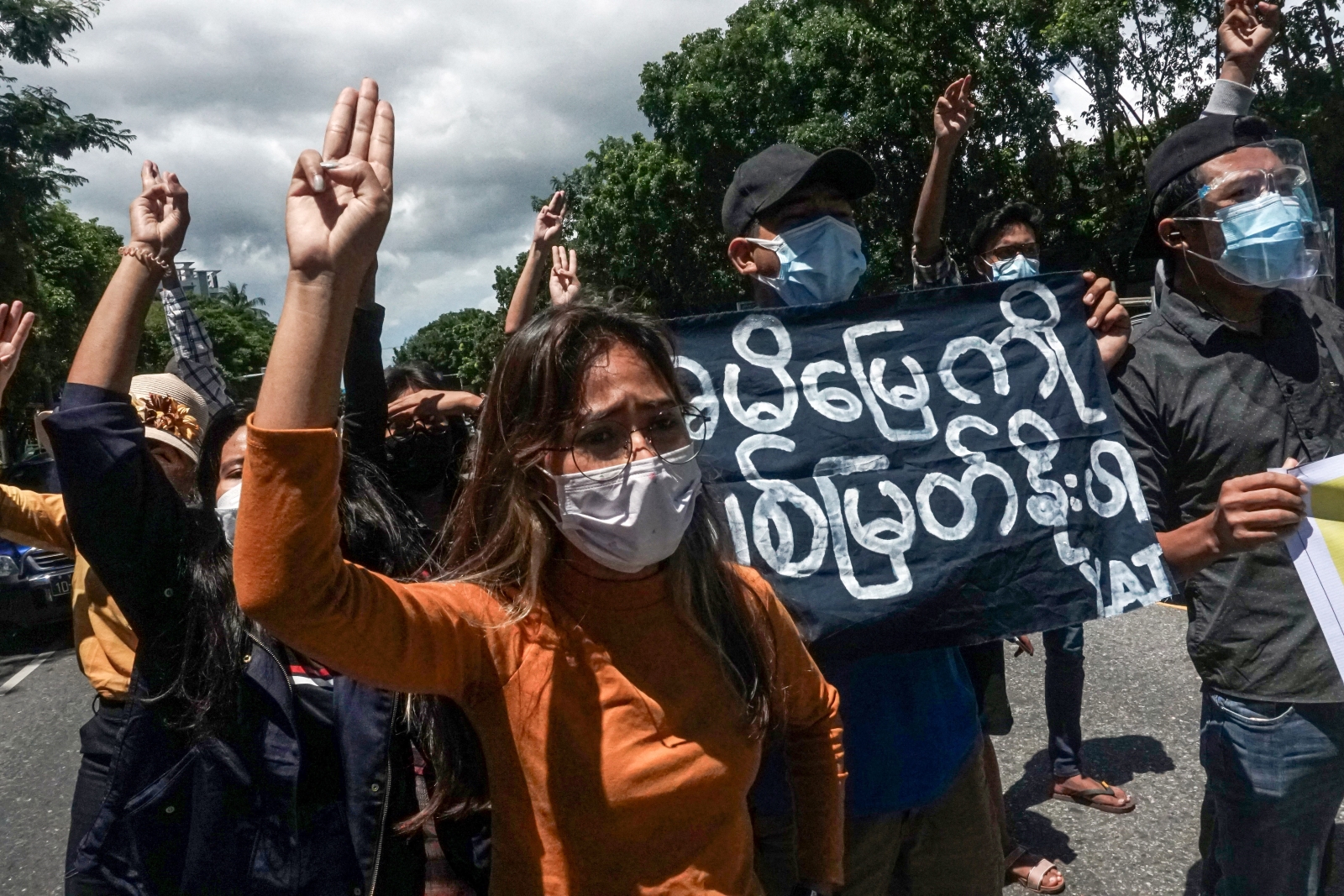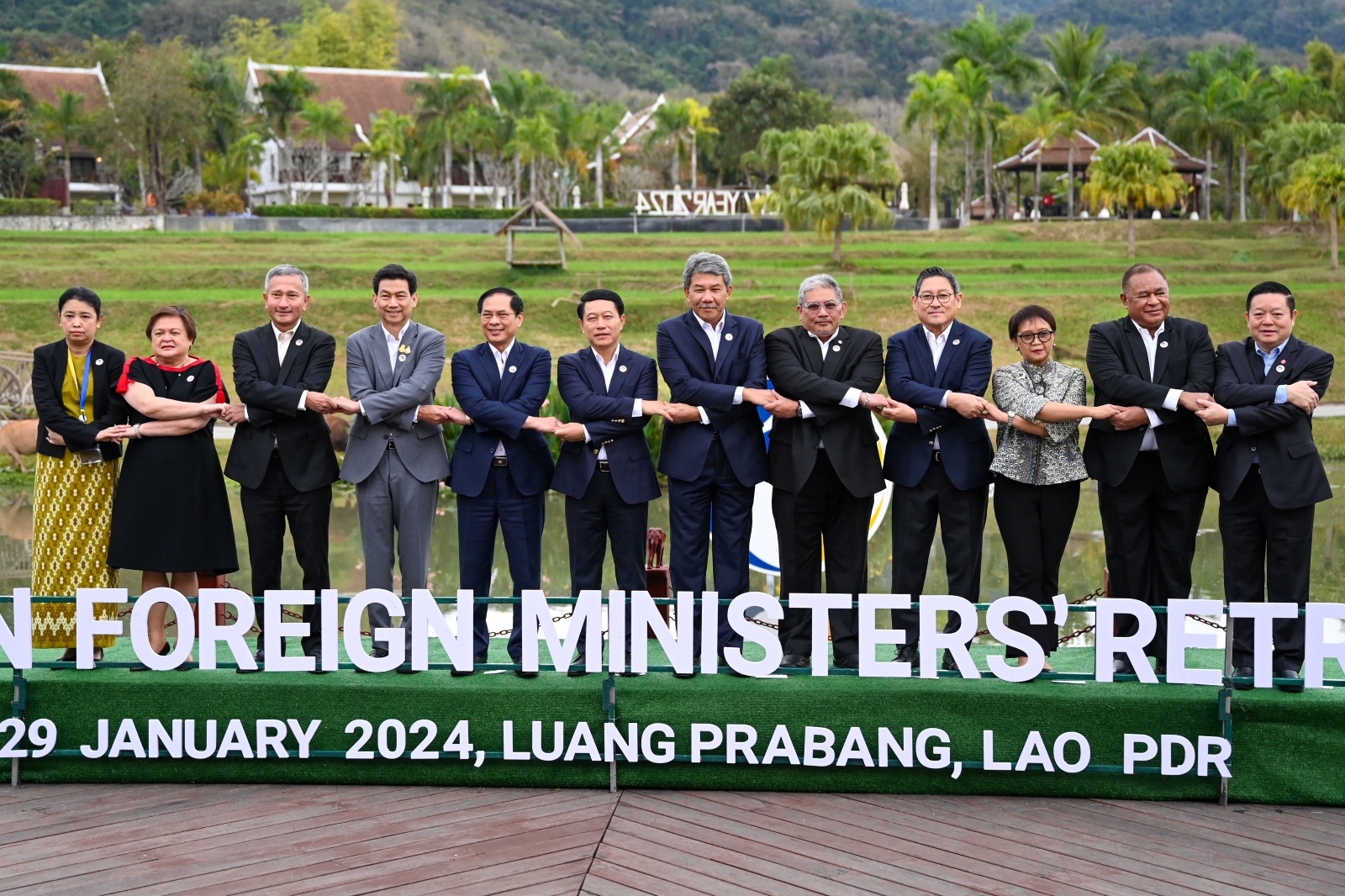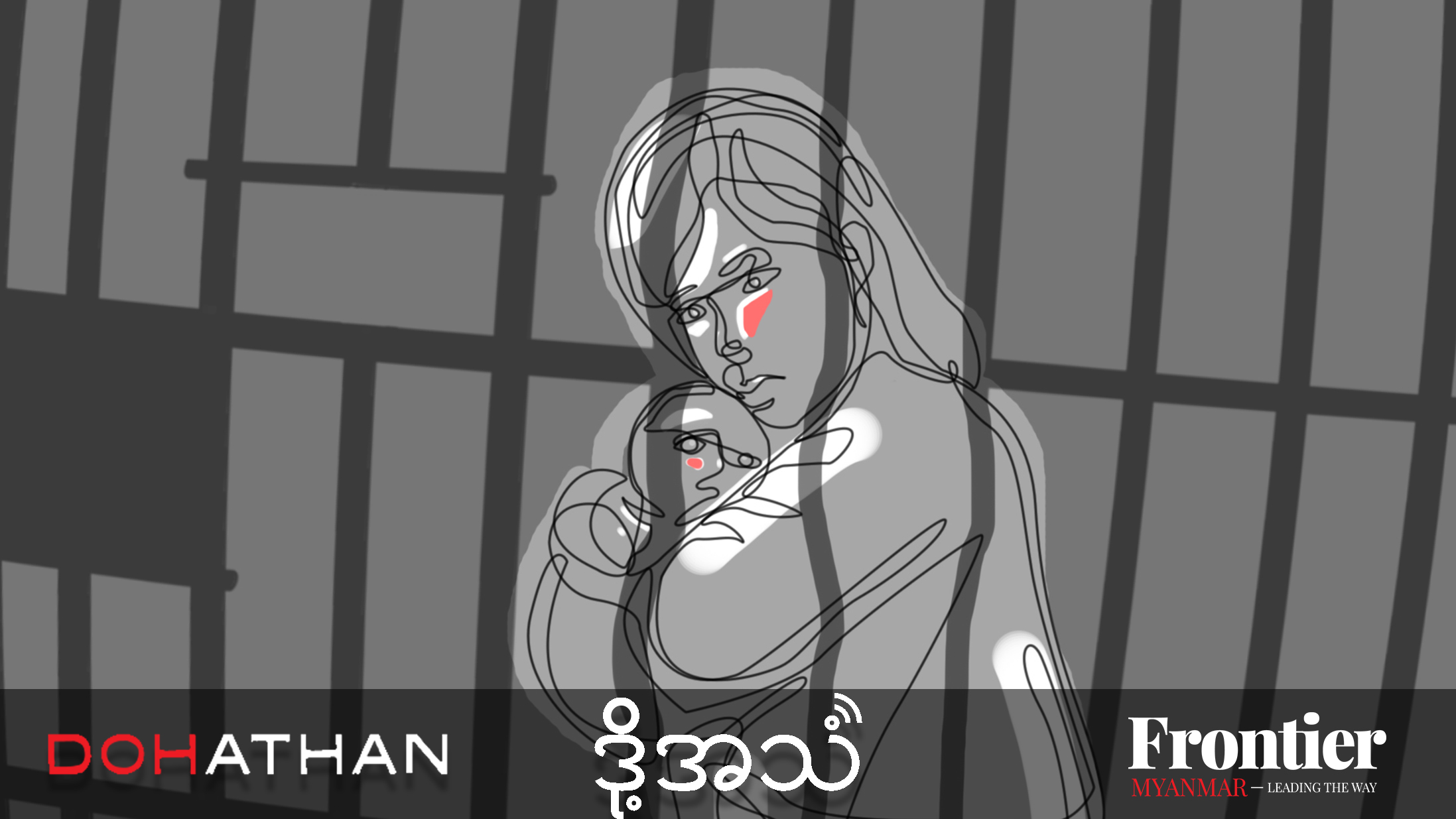Japanese journalist and former Insein detainee Yuki Kitazumi says he hopes “the power of the Japanese government that got me released will be used for people in Myanmar”.
By AFP
Political prisoners held in Yangon’s Insein Prison told a Japanese journalist briefly detained with them that they were tortured with beatings and sleep deprivation.
The freelance journalist, Yuki Kitazumi, was arrested by the Myanmar junta last month at his Yangon apartment and was held in the prison before being freed last week and deported to Japan.
Speaking to reporters in Tokyo on Friday, he said he had met political prisoners transferred to Insein after detention in military facilities.
“I was asked to convey messages from them, because they said even if they were released, they wouldn’t be able to talk freely,” Kitazumi said.
“The kinds of torture I often heard about included being blindfolded with your hands handcuffed behind you, then forced to kneel on a concrete floor,” he said.
“I also heard [interrogators] tortured prisoners while drinking alcohol, and there was one case where a prisoner was asked to choose a knife or a gun,” he said.
“If you chose a gun, the interrogation continued with a gun pointed at your head.”
He said prisoners told him they were “beaten with a stick” if they denied the accusations against them, and were sometimes deprived of sleep.
“The suspect couldn’t sleep at night while interrogators were rotated during long hours of interrogation,” he said.
“You weren’t allowed to use a bathroom and if you wet yourself that would become a reason to be beaten,” he added.
The journalist said he had not been tortured himself while kept in a four-metre by two-metre (12-foot by six-foot) cell dating from the British colonial period.
Kitazumi was initially arrested in February at the sidelines of anti-coup protest in Yangon but was quickly released. He was then detained again in April along with dozens of other reporters held during the junta’s crackdown on dissent.
He was charged over allegations of spreading “fake news” under Section 505A of the Penal Code but the charges were dropped when he was released.
Myanmar state broadcaster MRTV said the decision to free him was “in order to reconcile with Japan and improve our relationship.”
The decision coincided with an announcement from Japan that it would offer Myanmar US$4 million in emergency food aid via the World Food Programme.
Japan has suspended all new aid to Myanmar and its foreign minister has raised the possibility of halting even ongoing projects.
Kitazumi urged Tokyo to use its longstanding ties with the military in Myanmar to help political prisoners.
“More than 4,000 political [prisoners] are said to be detained,” he said.
“I hope the power of the Japanese government that got me released will be used for people in Myanmar.”







